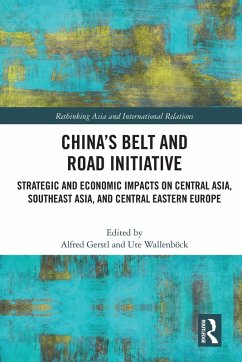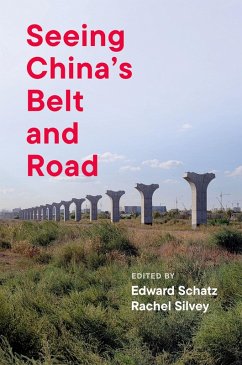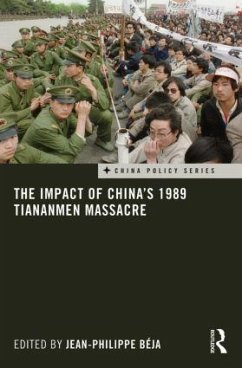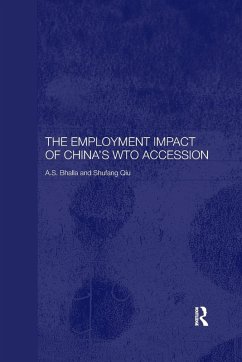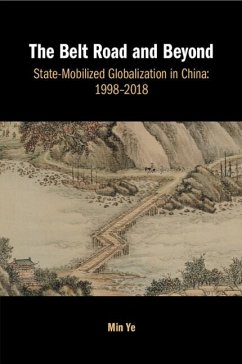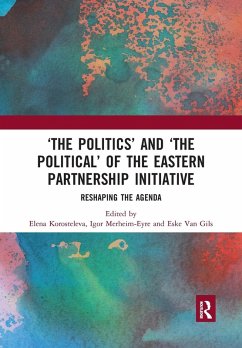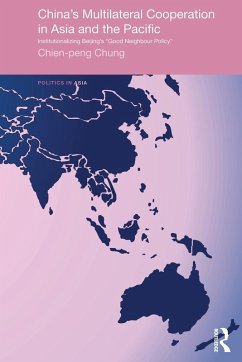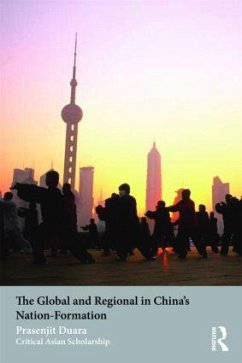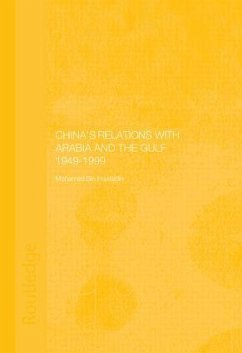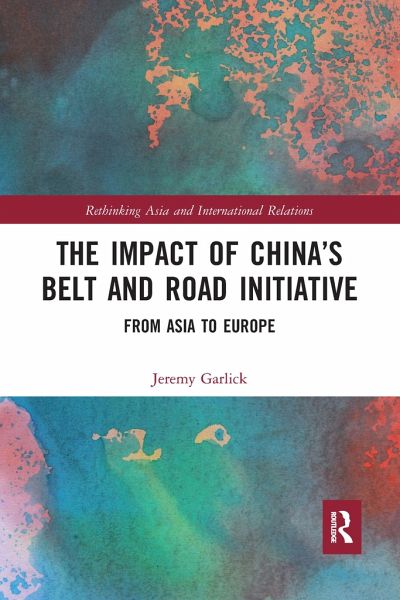
The Impact of China's Belt and Road Initiative
From Asia to Europe
Versandkostenfrei!
Versandfertig in 1-2 Wochen
55,99 €
inkl. MwSt.
Weitere Ausgaben:

PAYBACK Punkte
28 °P sammeln!
This book merges macro- and micro-level analysis of the Belt and Road Initiative (BRI) to dissect China's aim in creating an integrated Eurasian continent through this single mega-project. BRI has been the source of much interest and confusion, as established frameworks of analysis seek to understand China's intentions behind the policy. China's international activity in the early 21st century has not yet been successfully theorised by IR scholars because of a failure to satisfactorily encompass its complexity. In addition, the mix-and-match syncretism of the Chinese approach to foreign policy...
This book merges macro- and micro-level analysis of the Belt and Road Initiative (BRI) to dissect China's aim in creating an integrated Eurasian continent through this single mega-project. BRI has been the source of much interest and confusion, as established frameworks of analysis seek to understand China's intentions behind the policy. China's international activity in the early 21st century has not yet been successfully theorised by IR scholars because of a failure to satisfactorily encompass its complexity. In addition, the mix-and-match syncretism of the Chinese approach to foreign policy has been under-emphasised or omitted in many analyses. Bringing together complexity thinking and analytic eclecticism to assess the degree to which this scheme can transform international relations, Garlick critically examines this large-scale interconnectivity project and its potential impacts. The book will be of interest to scholars and practitioners in the field of international relations and China studies including academics, policy-makers and diplomats around the world.





